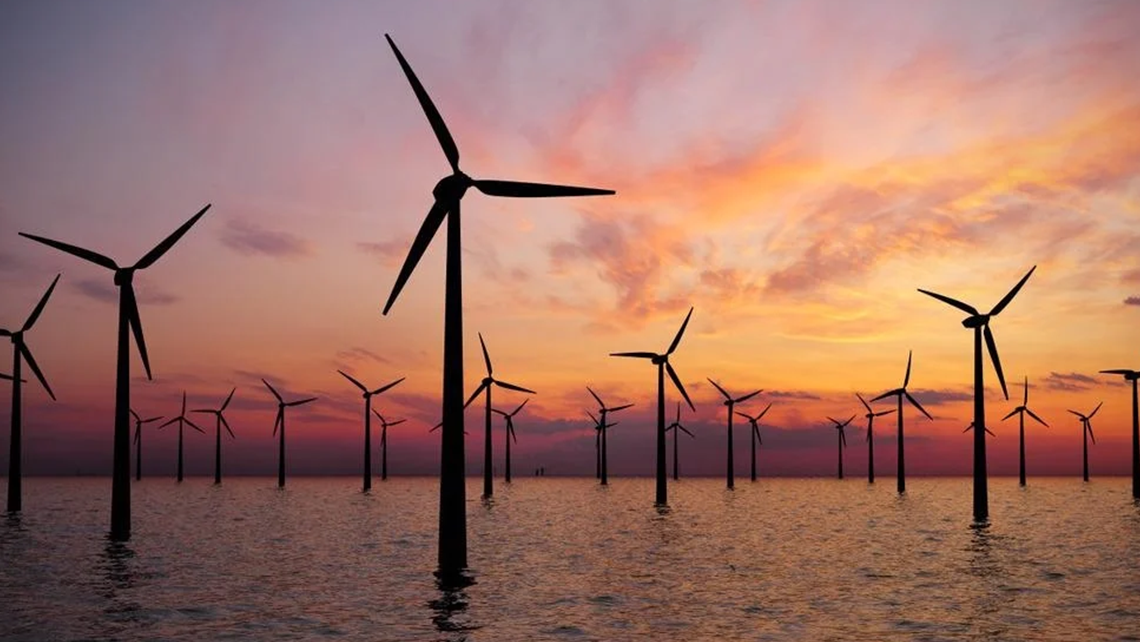
Conventional energy sources are slowly being phased out, while the role of renewable energy sources in the energy supply is growing dynamically. This is confirmed by a recent study by a UK energy research centre. One of the authors of the study, Malgorzata Wiatros Motyka, also explained why this year will be the first year that coal, oil and natural gas use in energy production in the global economy will decline.
We have seen this before, but then it was a pandemic, and now, with the world economy functioning normally, we may find that it is slowly settling down to conventional energy sources. The research centre 'Ember' has analysed data from 78 countries, which produce 93% of the world's electricity.
We have seen this before, but then it was a pandemic, and now, with the world economy functioning normally, we may find that it is slowly settling down to conventional energy sources. The research centre 'Ember' has analysed data from 78 countries, which produce 93% of the world's electricity.
Fossil fuel use declined for the first time this year, with 0.3% less energy from non-sustainable sources produced globally this year - said one of the authors of the study. Last year, almost 40% of global energy came from renewables and nuclear power. The share of solar and wind power in the world's energy balance increased from 10 to 12% in a single year. Solar has been the most dynamic energy sector for 18 years, with a 24% increase last year. Wind power grew by 17% globally. All the growth is forecast to come from renewables this year.
It should also be noted that coal is still the most important energy carrier. 36% of global energy will come from burning coal in 2022, despite it being the most polluting source of energy. The energy crisis has played a big role in this. In Germany, some coal mines have restarted because their closure was postponed to ensure energy security. Similarly, new mines have opened in China, despite earlier plans to reduce the role of coal.
However, some expect solar and wind power to reach their peak very quickly, ushering in a new era. This could reduce the role of coal and natural gas, but the change will depend on what governments and companies do to achieve the clean energy era in year 2040.
It should also be noted that coal is still the most important energy carrier. 36% of global energy will come from burning coal in 2022, despite it being the most polluting source of energy. The energy crisis has played a big role in this. In Germany, some coal mines have restarted because their closure was postponed to ensure energy security. Similarly, new mines have opened in China, despite earlier plans to reduce the role of coal.
However, some expect solar and wind power to reach their peak very quickly, ushering in a new era. This could reduce the role of coal and natural gas, but the change will depend on what governments and companies do to achieve the clean energy era in year 2040.





